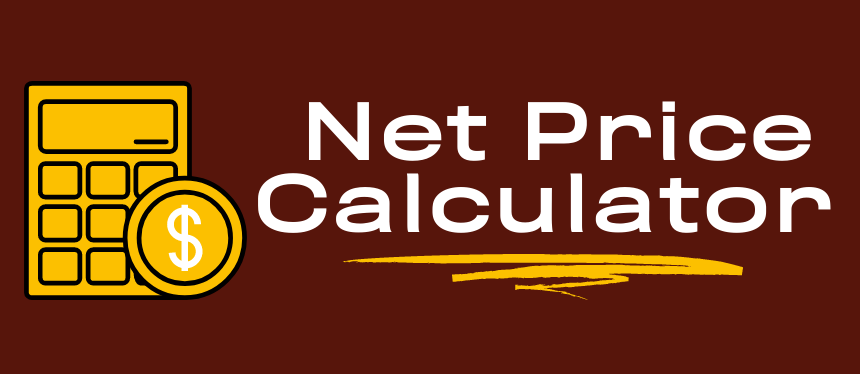Financial Literacy
Financial Literacy
Financial Literacy
Managing student loan debt starts before graduation. In fact, it starts before you even borrow your first loan.
Proactive Student Loan Debt Management
- Research starting salaries in your field. You can use the U.S. Bureau of Labor Statistics Occupational Outlook Handbook to estimate salaries for different careers or research employment opportunities advertised in the area where you plan to live to get an idea of a local starting salary. Don't borrow more than your career choice income will support.
- Before you borrow, consider your housing plans. Is a less expensive housing option available? Is commuting a viable option?
- Even though student loans are deferred until 6 months after you graduate, consider making interest-only payments on your unsubsidized student loans.
- Consider working and making installment payments on the tuition balance remaining after your aid is credited to the account. Rowan University offers families a tuition payment plan with up to 5 installments for each semester. There is a small fee to enroll, but no interest is charged. Visit the bursar’s website for details.
- Consider how you use any refund amount you receive from Financial Aid. You will be charged interest on any refund from a student loan and will be responsible to pay it back. If you have a refund and prefer not to borrow it, you can have us reduce your loan amount or you can pay it back to your loan servicer.
- 15 to Finish! Taking 15 credits a semester will help you stay on track for graduation. Staying enrolled for an extra year or even semester adds onto the cost of your education and delays your ability to start working and earning income.



